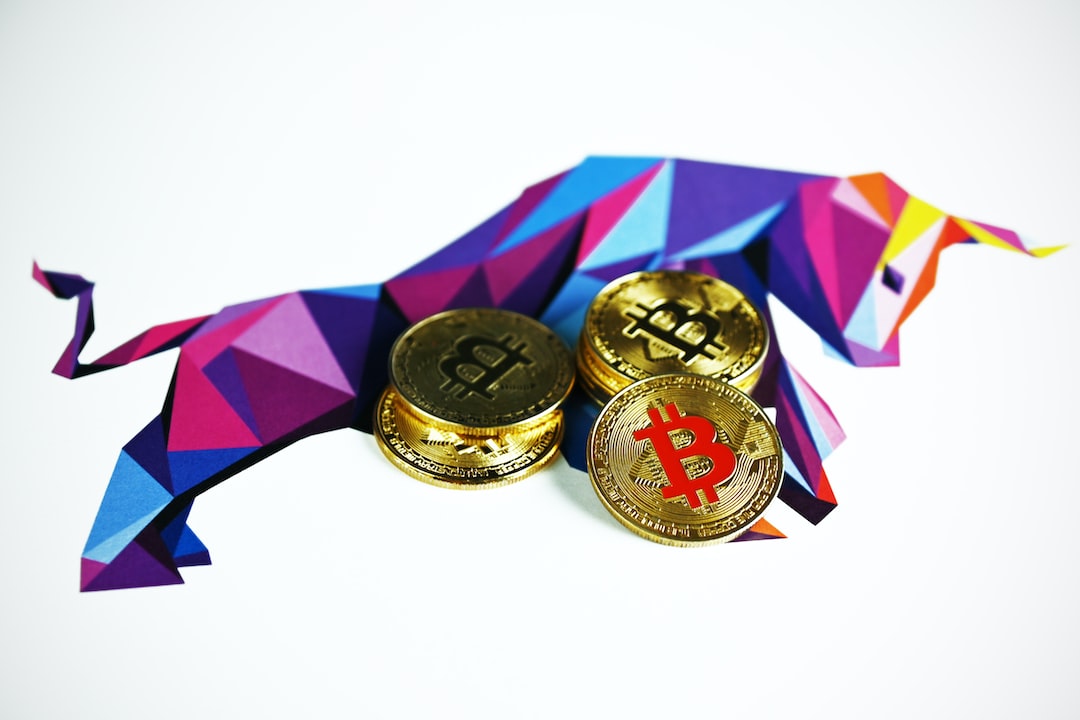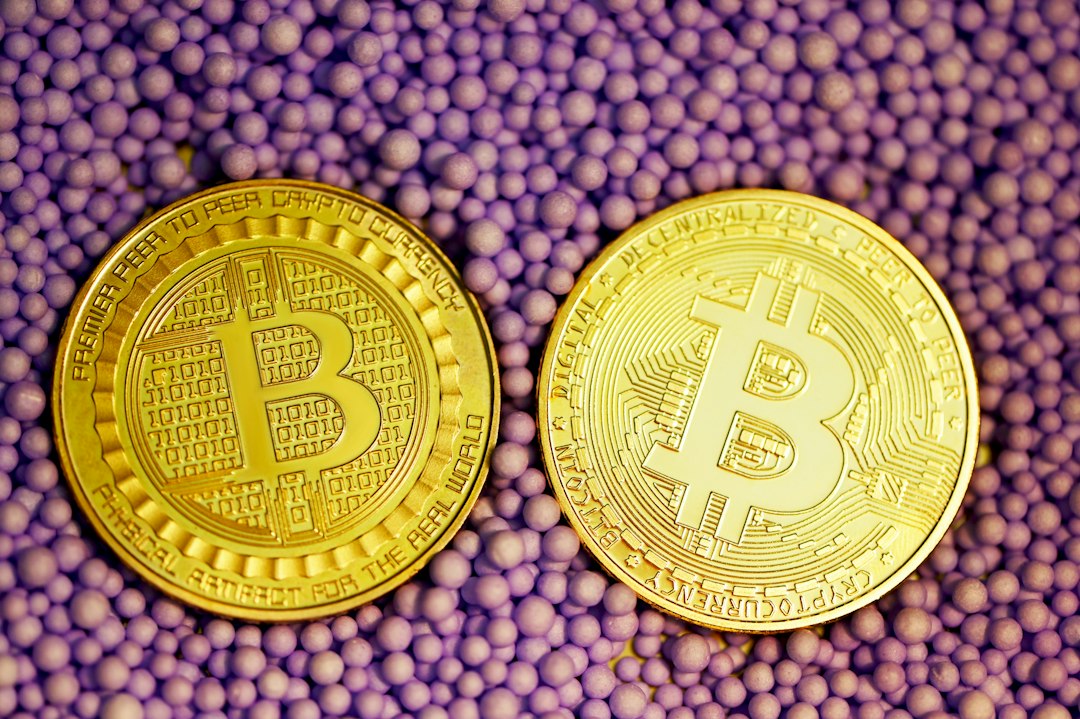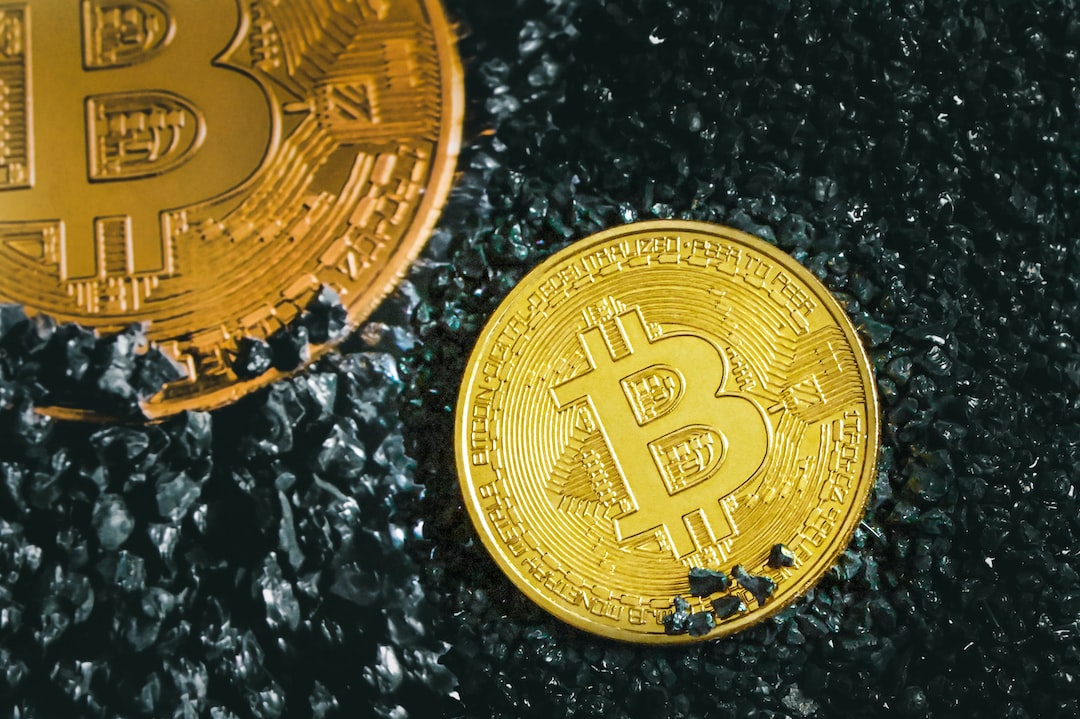South Korean Crypto Exchanges Must Hold $2.3 Million in Reserve Funds
Starting in September, South Korean cryptocurrency exchanges with “real-name” bank accounts must reserve a minimum of three billion won ($2.3 million) to protect consumers. This new mandate aims to improve customer protection and prevent fraudulent activities in the crypto sector.
Key Points:
– Exchanges with “real-name” bank accounts issued by local banks must comply with the reserve requirement.
– These accounts are linked to clients who have undergone Know-Your-Customer (KYC) procedures and use the same name as they do with the banks.
– Exchanges are required to set aside 30% of their daily average deposits or three billion won, whichever amount is higher, as reserves.
– The maximum cap for reserves is set at 20 billion won.
– In addition to the reserve requirement, enhanced KYC procedures and additional authentication for collection transfers will be implemented starting January 2024.
South Korea’s Efforts to Enhance Consumer Protection
South Korea has been implementing various measures to protect consumers and regulate the crypto industry. The government has delayed its plans to impose a 20% tax levy on cryptocurrency earnings until 2025. Instead, it focuses on introducing regulations to safeguard investors and provide clarity for the industry.
To combat illicit crypto-related activities, the South Korean government has formed an interagency investigation team. It is also planning to require companies holding or issuing cryptocurrencies to disclose their holdings in financial statements starting from 2024.
Hot Take:
South Korea’s new mandate for cryptocurrency exchanges to hold reserve funds is a significant step towards improving consumer protection in the crypto sector. By setting aside a substantial amount of funds, exchanges can mitigate risks and safeguard the interests of their customers. The introduction of enhanced KYC procedures and additional authentication will further enhance security and prevent fraudulent activities. These measures, along with the government’s focus on regulation and clarity, demonstrate South Korea’s commitment to creating a safe and transparent environment for cryptocurrency transactions.





 By
By

 By
By
 By
By
 By
By